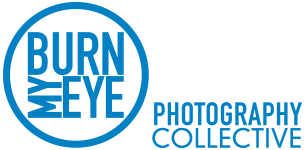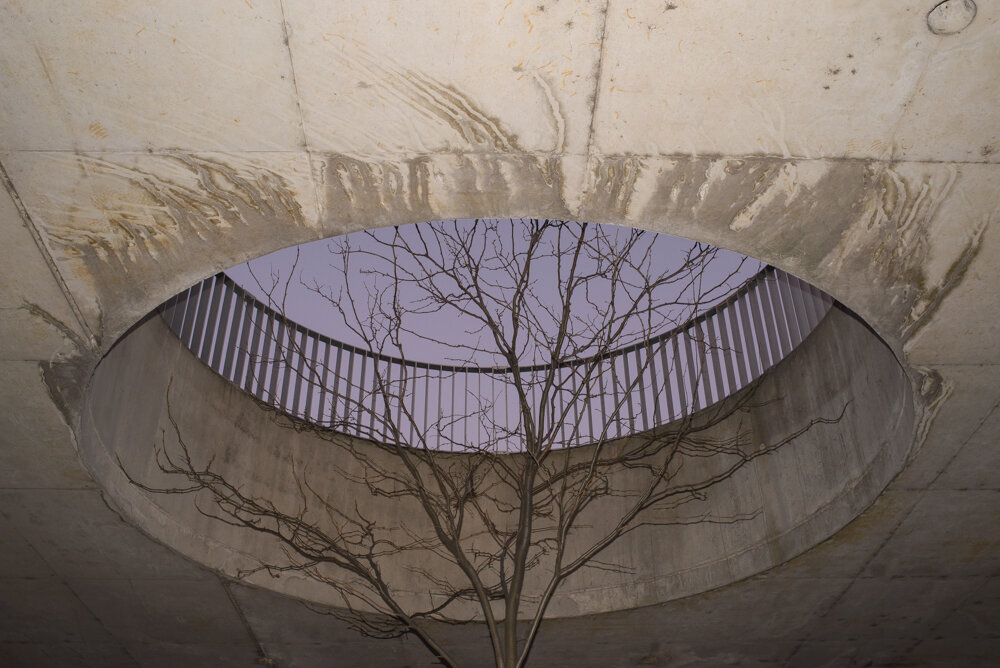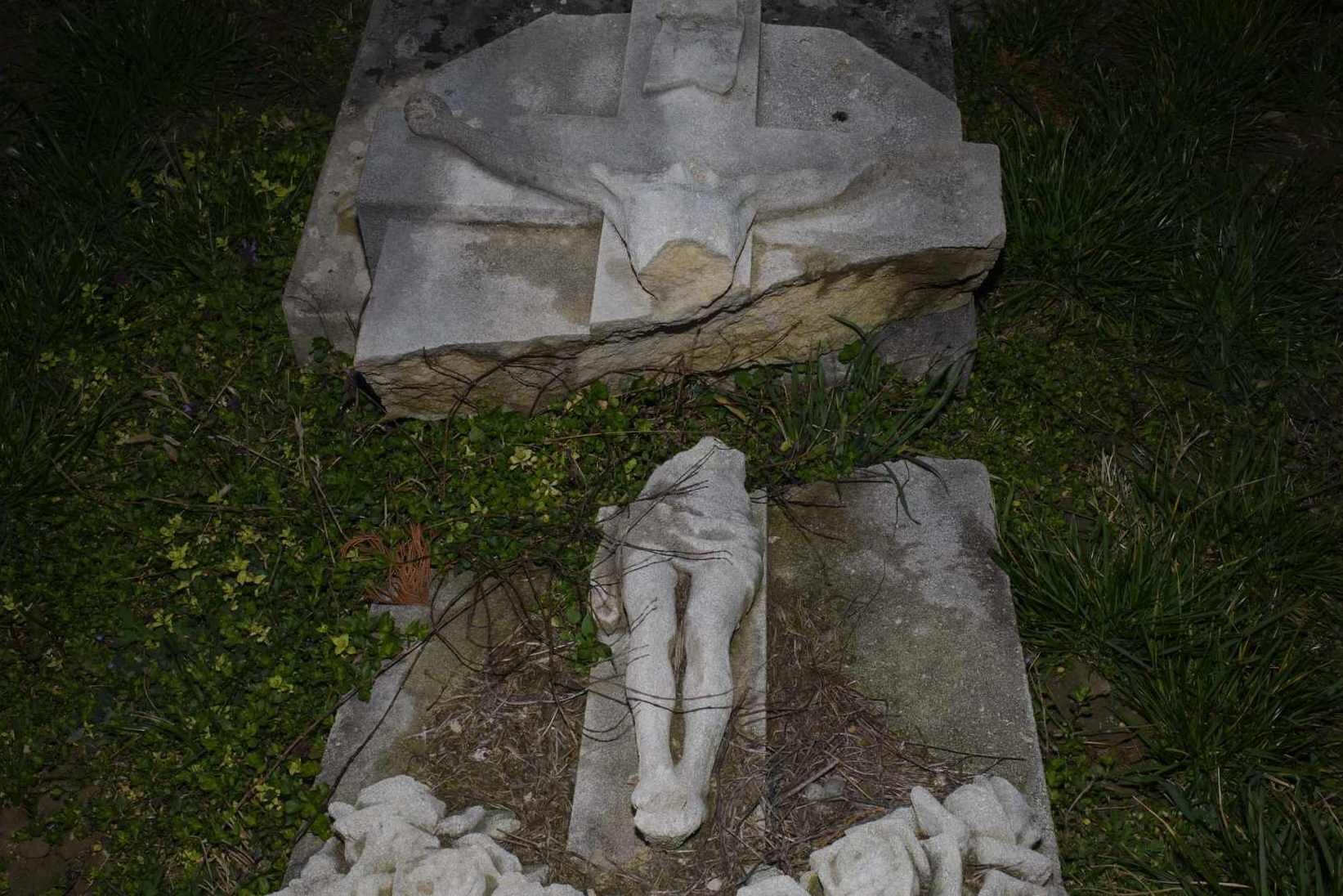Hi Dominik. Who are you, besides photography?
Hello Dimitris! I was born in 1982 in Vienna. Most of the times you can find me somewhere in the Eastern corner of Austria. That's roughly where I grew up and where I am still living now. I moved from the village to the city of Vienna seventeen years ago. I am interested in many different things and I appreciate all kinds of human output.
How do you personally define human output and how do you relate it to your photography?
Human output, that can be anything, a sentence, a house, a gesture, or a dropped piece of paper with a few notes on it. Something that seems to be a small part of some story. If something "speaks" to me, I try to take a picture of it. On the other hand, it is also a pleasant fact that not everything can be photographed.
What can you not photograph, but would love to?
I am glad that these things cannot be photographed and that something always remains hidden, demanding you to put the pieces together and fill in the gaps. I am satisfied with what I have, I don't need more and that is already overwhelming enough. On the other hand, there are also things that are not generally inaccessible, but for which I myself have limits. In the past I often thought that I needed to photograph more people, be closer to them. Often this was not possible due to certain inhibitions and led then to frustration. This over-preoccupation with my own personal limits meant that I did not see many other wonderful things "in my own garden". Today I can accept boundaries better, also because I know that they will change over time. To answer the question, there is nothing that I would like to photograph but am unable to do.
Is there any connection between your boundaries in photography and in life outside photography? Or are they two separated worlds in that sense?
These are of course the same things and cannot be decoupled from each other. Taking photos is embedded in life, feeds off life and is sometimes even a motive or pretext for living or experiencing. At least I feel that way. What should perhaps be noted in relation to our own limits is that the camera is often or mostly directed inwards like a magnifying glass and makes us more aware of so many things inside.
Did this inner awareness through photography come early in your photographic life? How long have you been shooting?
Mmm ... it took a while. I started taking photos 13 years ago; Back then I had very precise ideas about how the photos should look like and that was technically perfect and polished images -- entirely without emotion and without personal reference. I was more concerned with the technology than with the content. It was only
logical that my interest soon faded. I had a restart 6 years ago, this time I was only interested in the content. The first 1.5 years of my second photographic phase were difficult. Even if the intentions were different this time, the approach remained largely the same: finished images were already in my head even before I went to take pictures. That blocked me every time and I had to force myself to pull the shutter, even when I didn't see anything interesting.
After 1.5 years I had found a way to take this pressure off myself. I decided to stop doing "serious" photography (that's what I said to myself) for a while, got myself a small analog camera that I always carried in my pocket. Due to the limitations that come with the medium of analogue film I was forced to shoot carefully and not waste film -- so compared to before it was the exact opposite. That changed everything. Since then I have been taking photos completely without pressure and I no longer take myself too seriously. So what happened? The lesson for me was, that creative photography, like many other things in life, is not dominated by top-down processes, but rather by bottom-up processes. So what happened to me at this stage was that I learned to listen to my feelings, to shift the focus to the stimuli outside and away from the things that were sketched out in my head.
This went hand in hand with the fact that I generally became more aware of my feelings. Because I used them for photography. The head is then only the endpoint of the process chain, not the beginning. It then triggers the thought "Mhm, and that looks interesting!" And sets the motor skills in motion so that I can take the photo.
Seems that you feel an inner comfort regarding photography, which I think is a great achievement. If you can think of yourself in 20 years from now, what else do you wish to have achieved through photography?
Hopefully in 20 years I will have captured many memories from my life in pictures. That would give me a lot of material to think about what kind of meaning it all had. It would be a shame if there were gaps for years to come. I don't think this will ever happen again, but life is unpredictable.
Will this material be mostly for you personal pleasure? How important does it feel for you communicating your work to the photographic community? You post your work in social media, but will this be enough for you in 20 years? Isn't a book a better way of communicating the photographer's work and soul? And is one or more books something you want?'
Mainly for me personally, but pictures are not an end in themselves and it would be a shame not to share them. I owe a lot of inspiration to the photographic community. When I entered the hidden corners of flickr 5--6 years ago ... what I found there was a sensation. It is still the case today that I am incredibly excited about a good photo of someone else, as if I discovered it on my own memory card. That's why I see myself as part of this community and share my pictures online. Communicating through photography has always been a basic motivation for me. The idea for a real book will surely find me one day and then I'll think about it more intensively. I'm currently working on two books on subjects related to people around me - each limited to 1 piece. This is a good opportunity to practice.
If you were sent to a remote island for a month, with just a camera and 3 photo books to keep you company and inspire you, which ones would these photo books be?
That would probably be "Evokativ" by Libuše Jarcovjáková, "On the sixth day" by Alessandra Sanguinetti and "Democratic Forest" by Eggleston. The latter because a month can be a long time.
And if you had a chance to spend a day shooting with a photographer you admire, who would that photographer be? And why?
Interesting question. Actually, I don't feel that much desire there, but a walk and a conversation with Alec Soth or Stephen Shore would certainly be interesting. Not only because they are great photographers, but also because I can relate to their thoughts; to Soth and his human-centered approach, his encouragement to starting new things and becoming a beginner again, and on the other hand to Shore's way of seeing photography partly as a form of problem-solving.
Thank you for an interesting interview Dominik. Was a pleasure.
Thank you for the talk and hopefully see you someday on the street again.





















